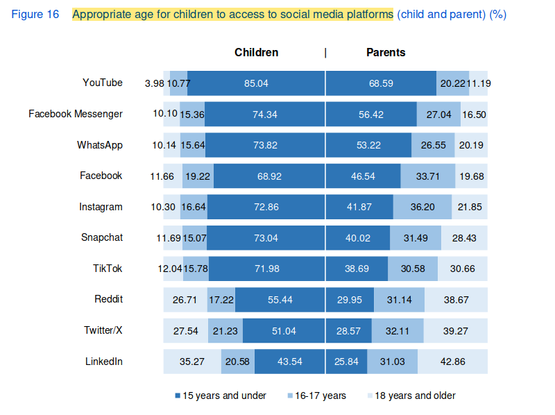Here are the descriptions:
Age verification: When a website asks you to show an ID document like your passport or driver’s licence to prove how old you are.
Age estimation: When a website uses a technology to guess how old you are based on things like your face or behaviour.
Age inference: When a website asks you to provide information that you must be a certain age to possess, such as a marriage certificate or credit card, to check how old you are.
Age gating: When a website asks you to enter your date of birth, or asks whether you are 18 years old or above.
Identity verification: When a website asks for proof of who you are, like showing your ID, to confirm your identity. We sometimes refer to this as ‘100 points of ID’.
People were asked to match up the description with the method name. 56% of people got "identity verification" right.
"The least correctly identified age assurance method was age inference (25.35%)."
#tljr

